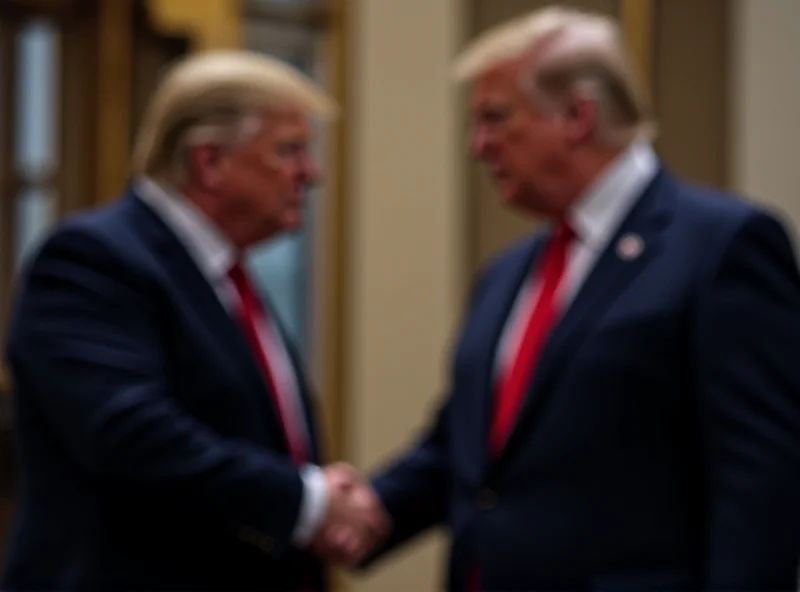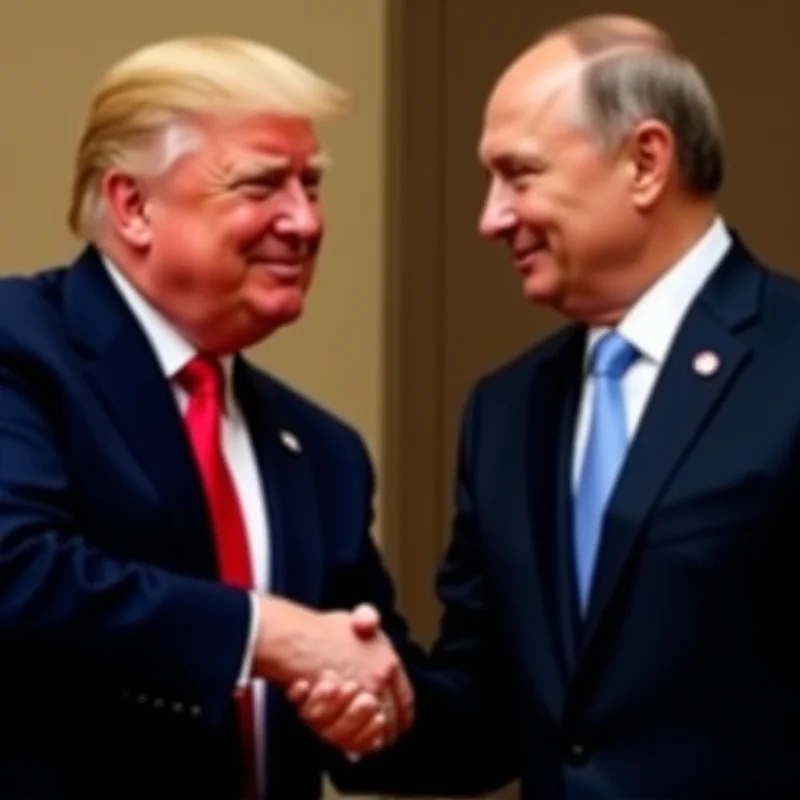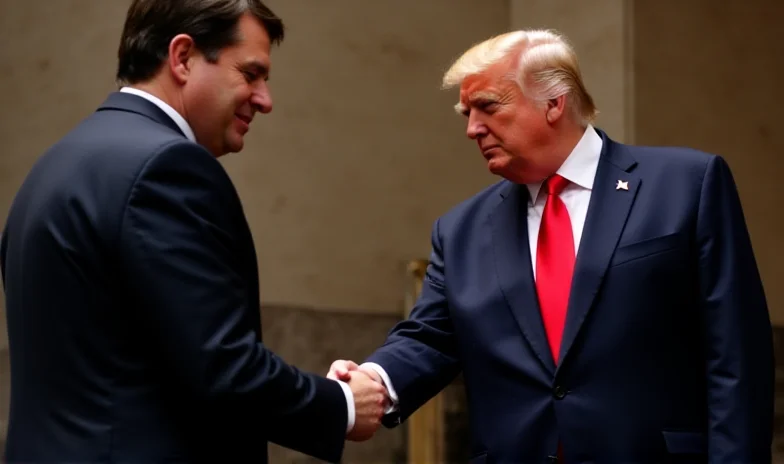The Trump administration is making waves in the ongoing conflict between Russia and Ukraine. Recent diplomatic efforts suggest a renewed push for peace, but questions remain about the viability and implications of this approach.

Diplomacy in Action
In recent weeks, the US has engaged in talks aimed at normalizing relations with Russia. This includes a significant six-hour discussion held in Turkey, focused on restoring diplomatic missions. Furthermore, Ukrainian President Volodymyr Zelenskyy is expected to visit the White House to sign a rare earth mineral deal with the US, signaling potential economic cooperation.
However, skepticism lingers. How far can this "reset of relations" truly go? President Trump has expressed optimism about achieving a peace deal, even stating his trust in Putin. "The war must end, Putin will keep his word," Trump reportedly said, while also expressing confidence in Zelensky.
Challenges and Controversies
Despite the apparent progress, potential pitfalls remain. Trump's past remarks about Zelensky, and the broader geopolitical complexities, cast a shadow over the negotiations. The British Prime Minister, referred to as Starmer, has cautioned that "peace cannot reward the aggressor," indicating a divergence in opinion on the best path forward. Starmer also asserted readiness to deploy troops and equipment to protect Kiev, highlighting the stakes involved.

Zelensky's Measures and Internal Challenges
Meanwhile, within Ukraine, Zelenskyy has implemented strict measures. Martial law remains in effect, with a ban on males aged 18 to 60 leaving the country. Moreover, starting March 3, exemption letters that previously allowed short trips abroad will be completely suspended, impacting journalists and artists. This decision raises concerns about freedom of movement and the potential impact on reporting and cultural exchange.
"Since the day of the invasion, martial law has been in force and a prohibition on leaving the country has been imposed on males between the ages of 18 and 60."

The situation remains fluid and complex. While the Trump administration's efforts to broker peace are noteworthy, the path forward is fraught with challenges. Whether a lasting peace can be achieved remains to be seen, but the current developments mark a significant shift in the ongoing narrative.
